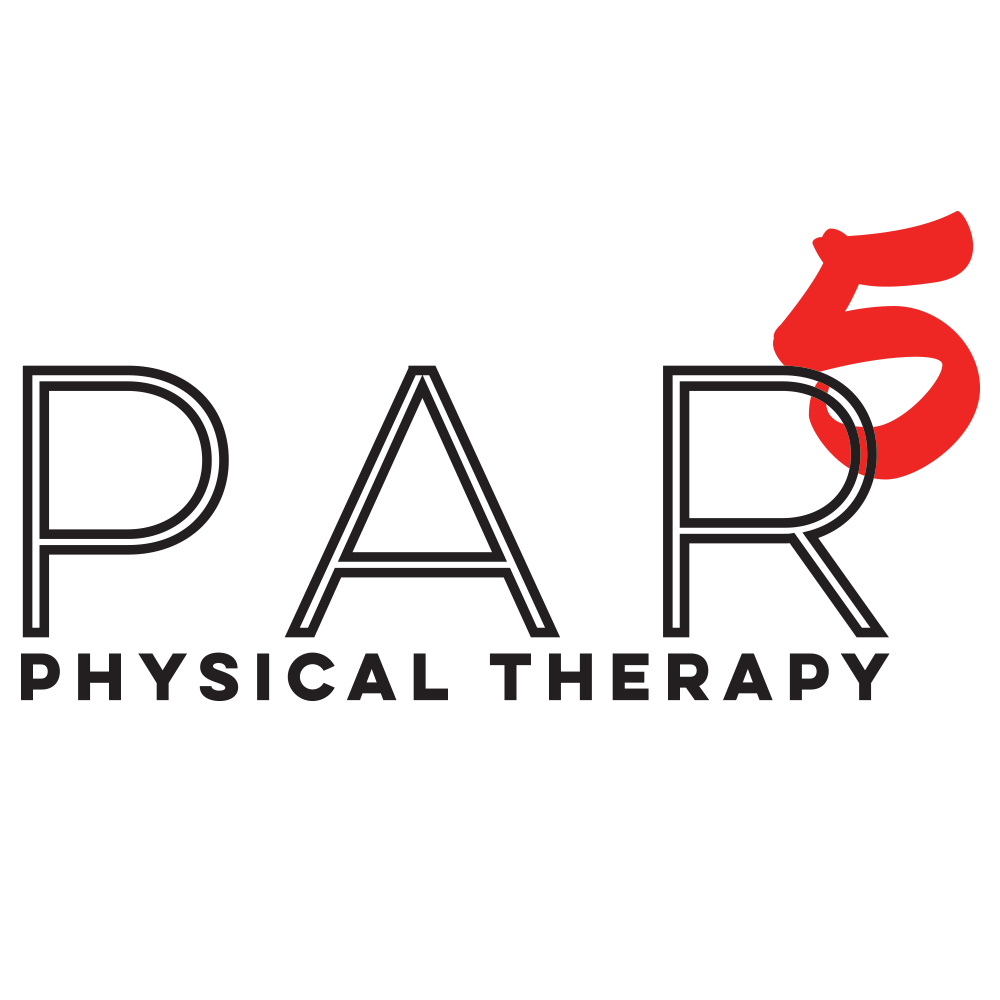Prepare for the CrossFit Open: How Physical Therapy Can Enhance Your Performance
The CrossFit Open is one of the most exciting times of the year for the CrossFit community. It’s a chance for athletes of all levels to test their limits, compete with others around the world, and set benchmarks for personal growth. Whether you’re a seasoned CrossFit athlete or tackling your first Open, preparing your body is crucial for maximizing performance and staying injury-free.
At PAR 5 Physical Therapy, we understand the physical demands of CrossFit and how to optimize your movement, prevent injuries, and help you perform at your peak. Here’s how to prepare for the CrossFit Open with physical therapy and smart training strategies.
The Demands of the CrossFit Open
The Open is designed to challenge athletes with high-intensity, functional workouts that test strength, endurance, mobility, and mental grit. Events often include:
Heavy lifting (e.g., snatches, cleans, deadlifts)
Gymnastics movements (e.g., muscle-ups, pull-ups, handstand walks)
High-rep endurance exercises (e.g., wall balls, double-unders, rowing)
Metabolic conditioning with limited rest
This combination can put significant stress on your joints, muscles, and connective tissues, especially if you have pre-existing imbalances or pain.
Why Physical Therapy Is Essential for Open Preparation
Physical therapy isn’t just for injury recovery—it’s a proactive tool to prepare your body for peak performance. Here’s how it helps:
Movement Assessments
CrossFit movements are complex and require a balance of mobility, stability, and strength. A movement assessment can identify areas of weakness or poor mechanics, such as limited hip mobility during squats or shoulder instability in overhead lifts. Correcting these issues can improve your efficiency and reduce your risk of injury.
Mobility and Flexibility Work
Limited range of motion can hold you back in movements like snatches or overhead squats. Physical therapists can guide you through targeted mobility exercises to improve hip, shoulder, and thoracic spine flexibility. For example, foam rolling, dynamic stretching, and joint mobilization can help you hit deeper positions safely.
Strengthening Weak Links
Strength imbalances are common among CrossFit athletes and can lead to compensatory movement patterns that increase injury risk. Physical therapy can address these imbalances with exercises tailored to your needs, such as strengthening glutes for better squats or scapular stabilizers for safer kipping pull-ups.
Injury Prevention
If you’re dealing with minor aches or chronic pain, physical therapy can help you manage and resolve these issues before they turn into injuries. For instance, if you’ve been battling knee discomfort during lunges or back pain after deadlifts, now is the time to address the root cause.
Tips to Crush the CrossFit Open
In addition to physical therapy, here are some actionable tips to prepare for the Open:
Dial in Your Technique
Efficiency is key during the Open. Use the weeks leading up to the competition to refine your technique, especially on high-skill movements like barbell cycling, muscle-ups, and double-unders. Proper form conserves energy and reduces injury risk.
Focus on Recovery
Don’t underestimate the importance of recovery between workouts. Incorporate mobility sessions, foam rolling, and adequate sleep to allow your body to heal and adapt.
Build a Game Plan
Familiarize yourself with Open workout strategies, such as pacing, breaking up reps intelligently, and knowing your strengths and weaknesses.
Work on Mental Toughness
The Open isn’t just physical—it’s mental. Practice staying focused and calm under pressure during challenging WODs.
Leverage Support Resources
Our YouTube channel features videos with mobility exercises, injury prevention tips, and corrective strategies specifically designed for CrossFit athletes. These tools can give you an edge heading into the Open.
Common CrossFit Injuries and How to Avoid Them
CrossFit’s high-intensity nature means injuries can happen if you’re not careful. Here are a few common issues and strategies to prevent them:
Shoulder Pain: Caused by poor scapular stability or overuse during kipping movements. Prevent it with shoulder strengthening and mobility work.
Lower Back Strain: Often due to poor form in deadlifts or cleans. Focus on core strengthening and maintaining a neutral spine.
Knee Pain: Caused by improper squatting mechanics or tight hips. Work on hip mobility and glute activation.
Wrist Strain: Common in front rack positions or handstand push-ups. Use wrist stretches and ensure proper alignment.
How PAR 5 Physical Therapy Can Help
At PAR 5 Physical Therapy, we specialize in working with CrossFit athletes to optimize performance and prevent injuries. Our one-on-one sessions allow us to tailor treatment plans to your specific needs, helping you feel strong and confident heading into the Open.
Whether you need help improving mobility, addressing chronic pain, or refining your movement patterns, we’re here to help. Plus, check out our YouTube channel for tips, exercises, and advice to complement your training.
Finish the Open Strong
The CrossFit Open is more than a competition—it’s a chance to challenge yourself, push past limits, and grow as an athlete. With the right preparation and support, you can maximize your performance and stay injury-free throughout the event.
Schedule a movement assessment with PAR 5 Physical Therapy today and make this Open your best one yet. Let’s work together to help you move better, recover smarter, and crush every WOD that comes your way.
PAR 5 Physical Therapy specializes in helping active individuals in Morris County, NJ, get back to exercising and working out pain-free without taking time off or relying on injections or pain medication. PAR5PT offers physical therapy and performance services to all populations, with specialties in Orthopedics, Golf Fitness Training and Rehab, Manual Therapy Techniques, and Wellness Services.
If you have questions about anything, big or small, just call or text 973-490-4955.

